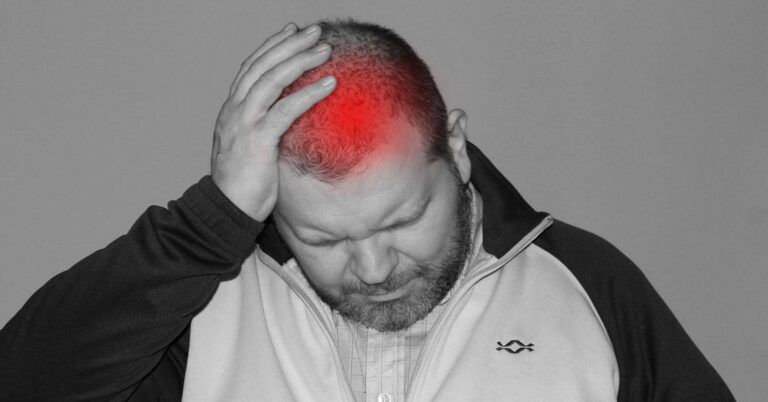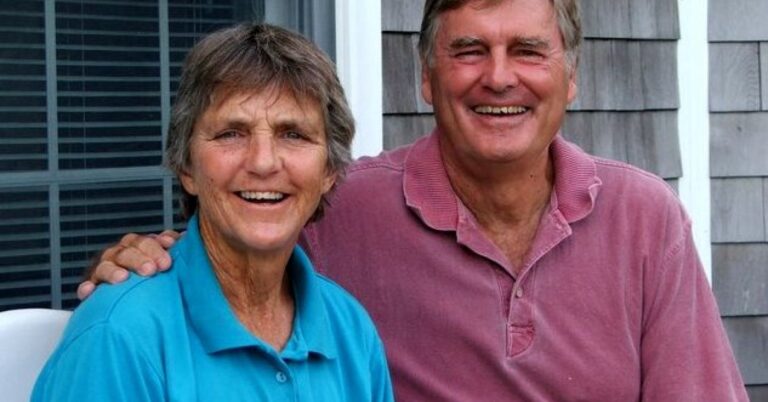
CIPHR Connect. (2021, 21 August) Photo of overworked woman. Permission Wikimedia Commons
As a positive psychology coach, I see too many people today feeling overwhelmed and exhausted, trying to cram “just one more thing” into an already busy schedule. Relentlessly pushing themselves, multitasking, and eating lunch at their desks while answering emails, they treat themselves like machines, not human beings.
However, research has shown that pushing ourselves not only exhausts us. It also impairs our performance, reducing the quality of our work.
A recent meta-analysis by psychologist Patricia Albulescu, Ph.D., and colleagues (2022) showed that short breaks can reduce fatigue, increase energy, and improve overall performance. They found that short 10-minute breaks can make a significant difference in our health and overall effectiveness.
Research at the HeartMath Institute (2005, 2016) has shown that taking short breaks to practice heart-focused breathing—breathing slowly and mindfully into our hearts—can help us access our higher intelligence, improving our focus, creativity, intuition, and higher-level decision-making.
Psychologists Stephen Kaplan, Ph.D., and Marc Berman, Ph.D., (2010) have found that taking breaks to connect with nature can relieve stress, fatigue, and frustration, renewing our vitality and attention. Just taking a short walk in a park has been shown to have restorative effects on attention and working memory (Berman, Jonides, & Kaplan, 2008).
Taking breaks helps us access our intuitive wisdom to make better decisions. Psychologists Ap Dijksterhuis and Loren Nordgren (2006) found that we can make wiser choices with complex decisions when we review the alternatives, then take a break and let our unconscious minds process the information to reveal the best decision.
Albert Einstein followed this practice. After working in his lab on a physics problem, he’d go sailing. New insights, new solutions, would come to him. He began carrying a small notebook and pencil in his pocket to record these inspirations.
So, instead of trying to work nonstop and treating ourselves like machines, we can improve the quality of our lives and our work by taking regular breaks for rest and renewal.
This post is for informational purposes and should not substitute for psychotherapy with a qualified professional.
© 2023 Diane Dreher, All Rights Reserved.




















+ There are no comments
Add yours